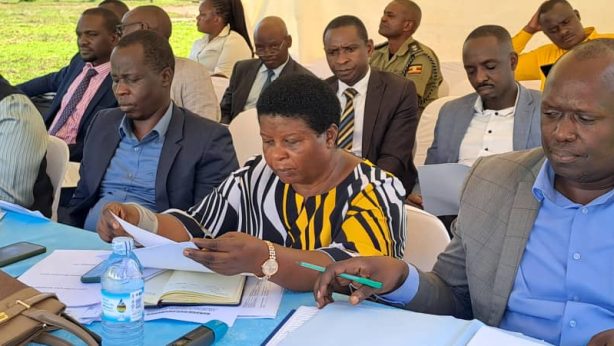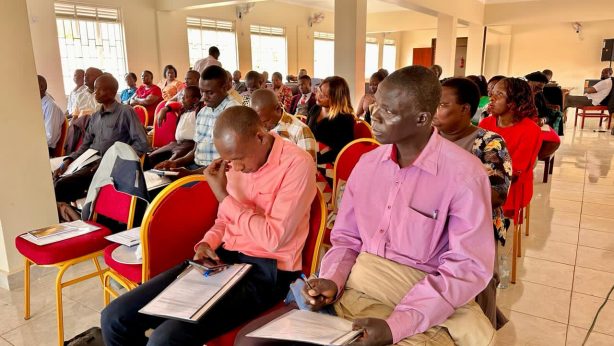Who is paying the price when Mother Nature roasts us
Human life is fundamentally water. Cell biologists confirm that 70 per cent of a human cell’s total mass is water. The human body is 60 percent water and the risk of death skyrockets by 25 percent in the case of dehydration. The past two weeks have been a harrowing ordeal, a heat wave akin to a furnace. This is a wave that only those who have experienced it can truly comprehend. For those fortunate enough to have access to clean and safe water in Uganda, the heat may be a mere inconvenience. They are not guaranteed a cold birth or a glass of clean water to quench their thirst and maintain their bodies hydrated to the recommended levels. But for 20 per cent of Ugandans, when such heat waves hit us, it becomes a matter of life and death. A reality the less privileged Ugandans have to contend with.
This Friday, 22, 2024, Uganda will join the rest of the world to commemorate World Water Day under the theme, Water for Peace. The timing of this year’s celebration is not coincidental. It aligns with a period when we are grappling with the stark reality of water scarcity. However, this is not an isolated issue for Uganda. According to the WHO and UNICEF, a staggering 2.2 billion people still lack access to safely managed drinking water, with 115 million relying on surface water. The Intergovernmental Panel on Climate Change IPCC estimated that in 2022, nearly half of the world’s population experienced severe water scarcity at some point. The World Bank’s 2022 report revealed that 70 per cent of deaths from natural disasters were water-related. These are not mere statistics; they represent the harsh realities faced by communities worldwide. This is a global crisis that demands immediate attention and action.
When we delve into the specifics of the water crisis, the situation becomes even more dire. For instance, according to the Sauti za Wananchi data released in November 2023, 2 out of 10 households in Uganda rely on unsafe water sources such as ponds, swamps, and unprotected wells. These sources are highly susceptible to drying up during even a slight heatwave. Moreover, during the dry season, at least 70 per cent of households have to walk for more than 30 minutes to fetch water. The gravity of these statistics is further underscored by the demographics they represent: 53 per cent of these households are in the lowest wealth quintile, 47 per cent have no education or did not complete primary education, and 45 per cent live in rural areas. There is also a geographical divide, with 50 per cent of these households in Northern and 44 per cent in Eastern Uganda. Such a divide does not promote peace; a 2017 UNFPA report showed water scarcity was one of the issues that contributed to sexual and gender-based violence among women and girls who bear the burden of collecting water for household use.
As we join the rest of the world to celebrate World Water Day, our leaders are confronted with a political choice: to prioritize public investment in improving services for the poorest and least well-served or to prioritize the expansion of piped networks instead of reaching more middle-class households. It is my humble appeal that ensuring equitable distribution of clean and safe water becomes the north star to prioritize the least served communities. No Ugandan should have to negotiate with water to live. This data has curved out the work for our leaders; prioritizing public investment in the water sector to those areas where communities have more pressing needs in accessing clean and safe water will go a long way in ensuring equity and promoting water for peace.
The writer is the Country Lead for Twaweza Uganda and can be reached at valinda@twaweza.org


